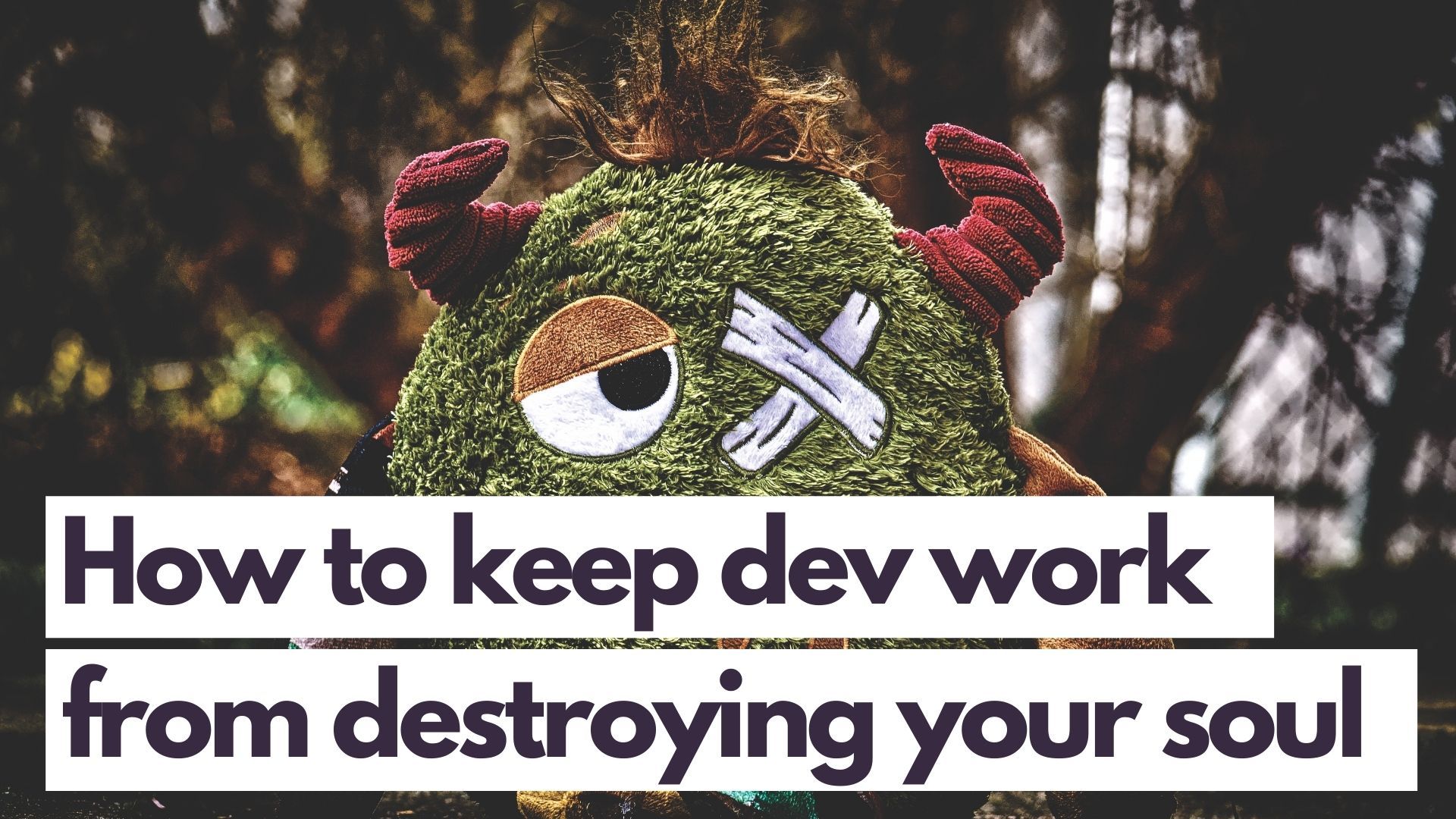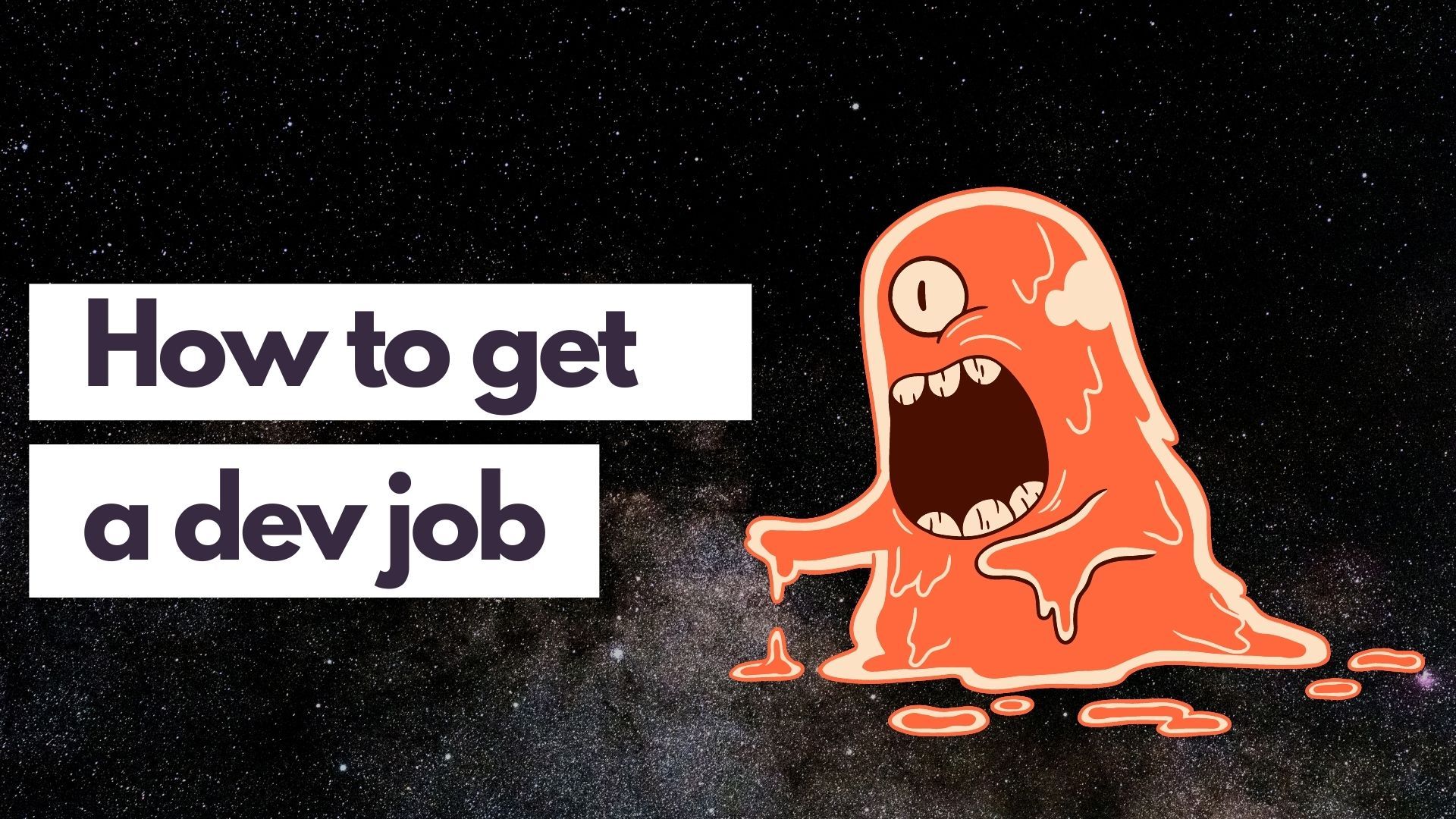The one mistake I made as a developer I wished I learned sooner
Retrospection is often the cure of willful ignorance

Slightly more than half a decade ago, I accidentally ended up on my (now defunct) startup’s tech team. In truth, I was supposed to be in marketing but after the boss caught onto my obsessive drive to learn, he threw me in as the front end dev for the pricing systems revamp.
It was the first time I’ve ever heard of Angular, RESTful APIs, AWS, Git and Java Spring. With the guidance of the senior backend developer, I quickly flourished and upgraded myself from complete noob to junior developer.
My excessive growth was not by accident. At home, I was experimenting, tinkering and creating side projects.
Then I got promoted within six months, ended up with my own small team of three and then promoted again six months after that. Within a two year period, I somehow found myself as a team leader and was in charge of a dozen other developers while delivering projects and features every other week.
Things started to get crazy — work started to follow me home. Time became scarce and nurturing myself mentally and professionally took a back seat. More than half a decade later, it took me longer than it should figure out where I went wrong.
The moral of the story: Protect your time
“Twenty years from now you will be more disappointed by the things that you didn’t do than by the ones you did do. So throw off the bowlines. Sail away from the safe harbor. Catch the trade winds in your sails. Explore. Dream. Discover.”
— H. Jackson Brown Jr., P.S. I Love You
When I started down my path as a developer, I found myself eager to please and prove to everyone that I am a proficient and capable at coding. As a result, I would do anything that my bosses and managers required I do — from organizing office events, getting gifts for birthdays, leavers and anniversaries, to playing the UX designer and marketing campaigns coordinator — whilst being the lead developer.
Perhaps this is just the life inside astartup. Going corporate had itsownflavor and methods of stretching you beyond your limits too.
I did a lot of things in my early days and the load followed me even when I wasn’t actually supposed to do them. People just expected me to do it because they knew I was capable of. One thing led to another and the next thing I knew, my time became completely engulfed by the thing known as work.
I quickly lost touch with my priorities. I would try and reason with myself that I will always have tomorrow, next weekend, the week after that or maybe in a month — until it got to a point where I willfully ignored the truth that the idea of later will never come.
When people asked me how I was, I would always reply ‘busy’ — not happy, not excited, not anything that was particularly adventurous or worthy — just ‘busy’.
Because ‘busy’ is what happens when you forget to protect your time and neglect to nurture yourself.
Why you need to protect your time
“The universe doesn’t give you what you ask for with your thoughts — it gives you what you demand with your actions.”
― Steve Maraboli, Life, the Truth, and Being Free
When you don’t protect your time, you are selling yourself short of your true worth. When you readily give away this limited and personal resource, you are forgoing the potential to work on yourself and do what is most important to you.
Protecting your time gives you the physical and mental space to move, to do, to explore spaces, spaces, and possible opportunities. When you protect your time, you are actively giving yourself the ability to nurture your patch of grass rather than let it wilt away while you’re tending to the gardens of others.
However, sometimes we fall wayside and the issue becomes how do I gain back my time?
It turns out that the process of protecting your time and regaining it is approximately the same. Here are the 3 things I’ve figured out so far:
1. Set your boundaries
Figure out what’s most important to you and ruthlessly defend it. When you start compromising, then it means that your actions no longer endorse what you say is your priority.
Make the boundaries known to others too. Sometimes people can accidentally guilt you into giving your time to work on things that don’t really matter to you. You only did it because you feel obligated to do so, not because you’re passionate about it.
Learn to distinguish the difference between false obligations and your actual priorities.
2. Limit your active connections
“The most confused you will ever get is when you try to convince your heart and spirit of something your mind knows is a lie.”
― Shannon L. Alder
In our hyper-connected world, it’s easy to form connections. However, sometimes certain connections take more time than they are worth. Some are toxic. Some are just mentally draining for no good reason. Some just make you dread waking up in the morning.
Learn to curate and filter your connections. You don’t have to completely disconnect and remove them if you don’t want to, but learn to limit your interactions with them. Work on finding new and better connections instead.
By better, I mean the ones that nurture and align with your personal visions and goals.
3. Be aware and wary of time sinkholes that do not benefit you mentally or physically
You know the ones — Facebook, Instagram and any other platforms that we’ve habituated our fingers to swipe into during our little pockets of time. These moments quickly turn into hours of nothingness.
Learn to be aware of your actions and only consume the mindlessness of scrolling when necessary. Your brain doesn’t need to switch off and numbed by the monotony and sameness of feeds — it needs proper rest which often comes in the form of sleep.
If not sleep, then your body needs exercise. Go out and move — and if you don’t want to move, spend time nourishing it instead. Do anything else that doesn’t involve scrolling because once you start, it just keeps going.
Final words
“Be wise today so you don’t cry tomorrow.”
― E.A. Bucchianeri
Learning to prioritize oneself is an art form that needs to be practiced and developed over time. While this may not apply to everyone, for me, learning to say no to the unimportant things after eons of saying yes to everything has been a learning curve.
It takes a certain self-awareness on what you truly want before you can correctly recognize and filter out the unimportant things.
In life, there are only a handful of priorities that matter to you and it takes honesty with yourself and understanding of what you don’t want to figure it all out.
Once that’s done, protecting your time becomes much easier because you know exactly what contributes to it and what doesn’t.



Comments ()